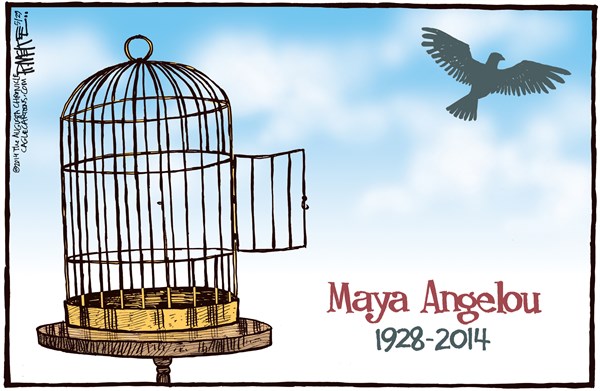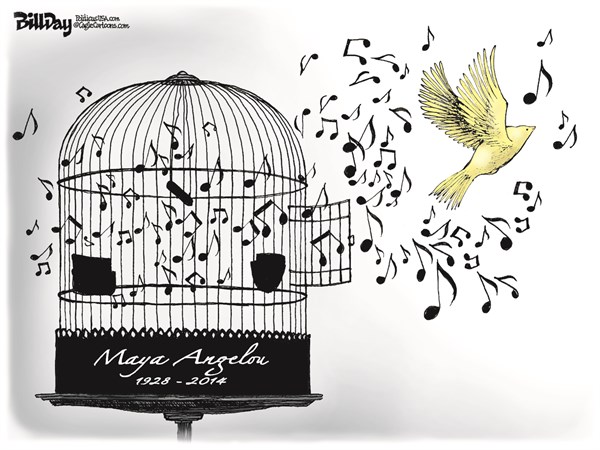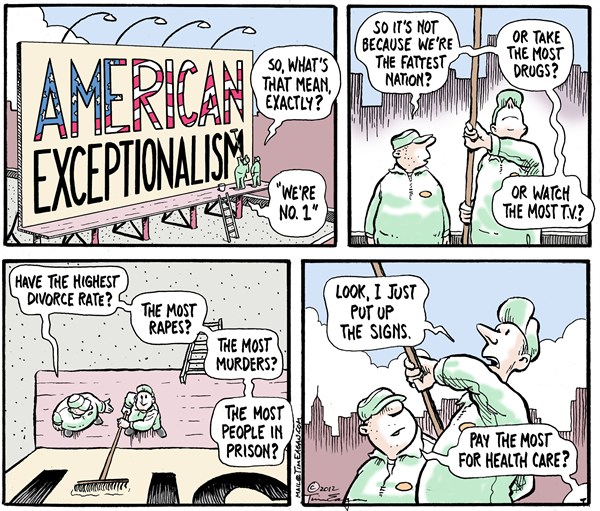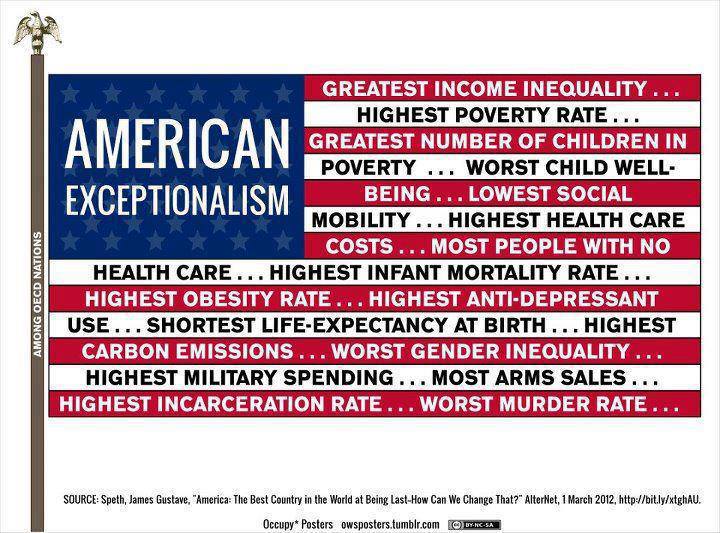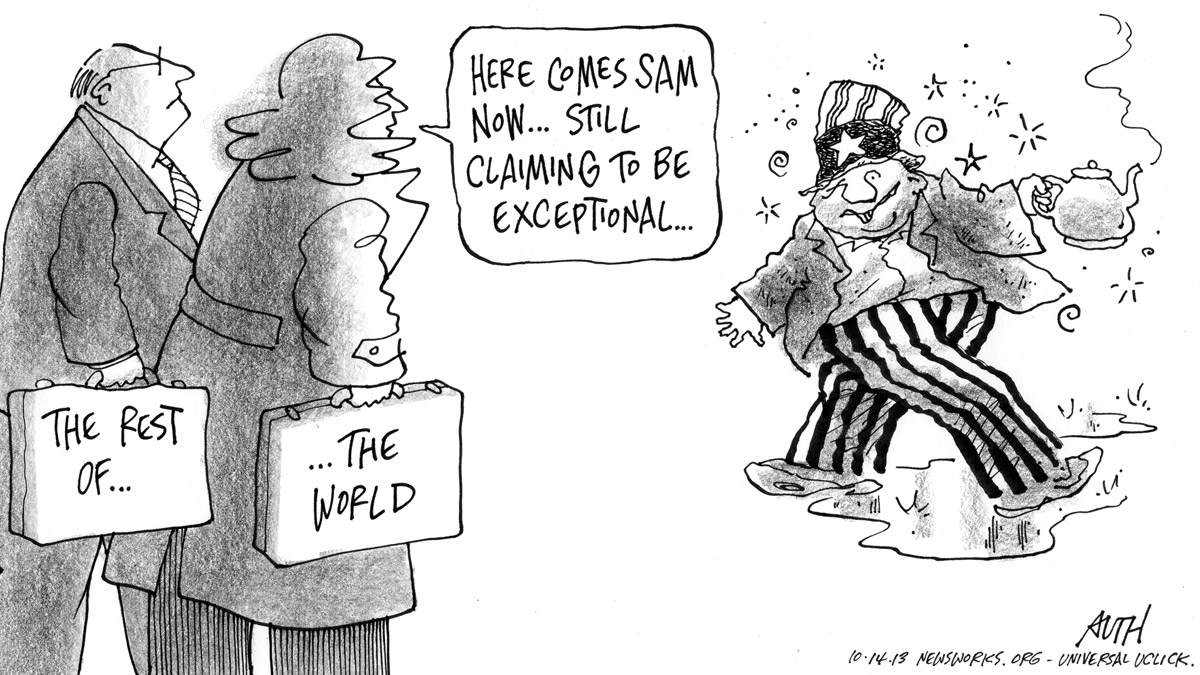n2doc
n2doc's Journal30 percent of world is now fat, no country immune
LONDON (AP) — Almost a third of the world is now fat, and no country has been able to curb obesity rates in the last three decades, according to a new global analysis.
Researchers found more than 2 billion people worldwide are now overweight or obese. The highest rates were in the Middle East and North Africa, where nearly 60 percent of men and 65 percent of women are heavy. The U.S. has about 13 percent of the world's fat population, a greater percentage than any other country. China and India combined have about 15 percent.
"It's pretty grim," said Christopher Murray of the Institute for Health Metrics and Evaluation at the University of Washington, who led the study. He and colleagues reviewed more than 1,700 studies covering 188 countries from 1980 to 2013. "When we realized that not a single country has had a significant decline in obesity, that tells you how hard a challenge this is."
Murray said there was a strong link between income and obesity; as people get richer, their waistlines also tend to start bulging. He said scientists have noticed accompanying spikes in diabetes and that rates of cancers linked to weight, like pancreatic cancer, are also rising.
more
http://www.newsdaily.com/article/fc54887cbf92a22060be1ac810ed1126/30-percent-of-world-is-now-fat-no-country-immune
These 7 GOP Governors Are Refusing to Crack Down on Prison Rape.
Now the Obama Administration Is Calling Them Out
—By Dana Liebelson
Seven states, all led by Republican governors, are defying a federal law aimed at cracking down on the nationwide epidemic of prison rape—and on Wednesday, the Obama administration started calling them out.
The law in question, the Prison Rape Elimination Act, was passed by a Republican Congress and signed by President George W. Bush in 2003. In 2012, after years of study by a bipartisan federal commission, President Barack Obama's Justice Department finalized the law's requirements, and gave states about two years to start trying to comply. Forty-three states did. But today, nearly two weeks after the May 15 deadline, Arizona, Idaho, Indiana, Nebraska, Texas, Utah, and Florida are still not complying with the law—and several GOP governors say they're ignoring the law on purpose.
So far, at least five Republican governors have notified the Justice Department that they aren't going to try to meet the new prison-rape reduction rules. The mandatory standards, "work only to bind the states, and hinder the evolution of even better and safer practices," Indiana Governor Mike Pence wrote to Attorney General Eric Holder on May 15. Idaho Gov. C.L. "Butch" Otter missed the deadline, then wrote a letter to the administration complaining the law had "too much red tape." And in a letter dated March 28, Texas Gov. Rick Perry, a possible contender for the 2016 Republican presidential nomination, called the law "counterproductive" and "unnecessarily cumbersome." The prison rape rules "appear to have been created in a vacuum with little regard for input from those who daily operate state prisons and local jails," Perry wrote.
Otter, Pence, Perry, and the other GOP governors opposing the prison-rape reduction are a minority in their own party: More than 20 other Republican governors have embraced the new rules. And Perry is wrong: The rules, which have been under development for years, weren't created without input from prison operators. The commission that studied the prison rape issue included Gus Puryear , who, at the time, was executive vice president for the Corrections Corporation of America, the nation's largest owner and operator of private detention facilities; James Aiken, who had more than 33 years in managing and assessing correctional facilities; and a federal judge first appointed by George W. Bush.
more
http://www.motherjones.com/politics/2014/05/states-not-complying-prison-rape-elimination-act
The Teacher and the Students: Remembering Maya Angelou in Culture

Maya Angelou died this morning, 86 years young.
The news is devastating for innumerable reasons, one of which is that she was a teacher to so many, in so many different ways. Whether through her autobiographies, her poems, her speeches, her private conversations, or as an actual professor at Wake Forest University, she always seemed to be teaching. And advising. And guiding.
A less intuitive avenue for her teaching was in her occasional acting stints. Maya was a good actress, convincingly transforming (see her on the The Richard Pryor Show in 1977), but even with the chops to carry a part, it was always hard for Maya Angelou to fully turn off the Maya Angelou. And that was for the better. Such was the case when Maya took on the role of Aunt June in 1993’s Janet Jackson–Tupac Shakur coming-of-age tale, Poetic Justice.
Aunt June starts a speech in this film with, “I want to talk to you about morals.” It’s Aunt June, but it’s also Maya Angelou. And somehow, even in full respectability politics mode, it’s not unbearably patronizing, because — again — it’s Maya Angelou. And that’s not what she’s about.
This is only amplified upon hearing Maya talk about her time on the set of Poetic Justice. And meeting Tupac. And how he cried right in front of her.
more
http://grantland.com/hollywood-prospectus/the-teacher-and-the-students-remembering-maya-angelou-in-culture/
Wealth inequality skeptics are forgetting the rich keep giant piles of money offshore
By Tim Fernholz
How come different attempts to measure wealth inequality come up with different answers?
That’s a question raised by the Financial Times’ analysis of Thomas Piketty’s work on inequality, which compared his data set to others and identified discrepancies, particularly when using one experimental survey in the United Kingdom.
But one place where Piketty’s argument that inequality is rising seems to hold up is in the United States. Besides his own analysis, economists Emmanuel Saez and Gabriel Zucman have worked backward from US income tax data to create a measurement that also compares well with the Federal Reserve’s Survey of Consumer Finances:

You’ll notice it doesn’t match up as well with inequality tracked through estate tax data. And the reasons for that offer an important explanation of why measuring inequality is so hard: Wealth that evades the tax man also evades statisticians. According to Zuchman, tax avoidance efforts, including those that shift wealth out of the US to countries with lower tax rates, have played played a larger and larger role in the dynamics of wealth since the 1980s. You can note above that the 1980s is when the estate tax survey starts to diverge from the two other attempts to measure US wealth inequality.
Of course, US estate tax data is sparse because so few people pay estate tax, and attempts to derive the wealth of the living from the wealth of the dead are necessarily roundabout. But perhaps the most important discrepancy is that the people who would pay the most estate tax do the most to avoid it: Witness the mystery tech billionaire who bought the world’s largest life insurance policy—worth $201 million—to more easily pass wealth to his heirs.
more
http://qz.com/214234/wealth-inequality-skeptics-are-forgetting-the-rich-keep-giant-piles-of-money-offshore/
Citigroupís simple message about trading: itís getting worse
Is it time to panic yet? The trading business on Wall Street is continuing to get walloped. Indeed, Citigroup chief financial officer John Gerspach just told attendees at a conference that the bank’s second-quarter revenues from trading stocks and bonds may plummet by as much as 25%, compared to the same quarter last year.
Why? Pretty simple really. Markets have been calm lately. (Low volatility.) And, as a result, there hasn’t been a lot of trading activity. (Low volume.) As a result, banks trading revenues are likewise, low.
“Historically low volatility, an uncertain global macro environment and geopolitical events have all combined to drive volumes lower,” Gerspach told conference attendees.
 ?w=1024&h=576
?w=1024&h=576
What’s not clear is exactly what’s driving the downturn in volatility and trading activity. For his part, Gerspach had a simple explanation: Nobody knows what to do. “In order to create some level of volatility there needs to be people on both sides of a view. Right now I don’t think people even know what view to be on either side of,” Gerspach said, adding, “It’s just a market that is becalmed.”
http://qz.com/214025/citigroups-simple-message-about-trading-its-getting-worse/
Volatility might be the banksters' friend, but it is most assuredly not a friend of the 99%
We just never learn (cars)

New and used vehicle sales are on fire. But domestic car sales are down 6%. How that can make any sense?
It turns that Americans are over cars. They’re buying trucks, instead.
Domestic and imported truck sales are up 8% in 2014, and they account for more than 100% of all new vehicle purchases, off-setting the decline in new cars. (The used-vehicle market seems to skew slightly toward smaller durable cars, but it’s hard to find great data.) Some smaller models, like the Toyota Camry and Hyundai Sonata, are outselling last year. But overall, bigger is selling better across the board.
http://qz.com/213967/trucks-are-saving-the-us-economy/
Sigh.
The cold logic behind Elon Muskís $5 billion gigafactory gamble
Elon Musk is placing an enormous bet on the world’s largest lithium-ion battery plant—a $5 billion, 10 million-square-foot “gigafactory” that would make enough battery packs to power 500,000 electric cars a year. That is four times the number of electric cars of any brand bought around the world last year, and a whopping 21 times Tesla’s own 2013 sales. In addition to betting on this monumental sales boost, Musk is hoping an inventive rival won’t eclipse his battery technology and render the gigafactory instantly obsolete.
+
But the deck may be at least partly stacked in Musk’s favor. He appears to be banking not so much on a sharp swing in consumer taste as on a shift already underway in public policy. Over the coming decade, eight US states will begin to require carmakers to sell an estimated 3.3 million low- and zero-emission vehicles. In addition, California will require utilities to buy the capacity to store 1.3 gigawatts of electricity, enough to serve one million homes.
+
When combined, the required mobile and stationary battery capacity will be so massive that Musk would be scrambling not so much to find buyers as to meet the demand, some say. “Industrywide, you are no longer talking about 500,000 or one million vehicles, but millions of cars that have to be on the road,” Ann Schlenker, director of transportation at Argonne National Laboratory, told Quartz.
+
Musk says he will ante up $2 billion of the factory’s cost and raise the rest of the money. Here we examine his calculus.
more
http://qz.com/214093/tesla-elon-musk-5-billion-gigafactory-gamble/
Women won't stand for abortion-rights rollback
(CNN) -- Last week, the Louisiana legislature passed a bill that could force all but two of the state's abortion providers to close their doors, which means Louisiana is preparing to join Texas, Alabama, Oklahoma, Louisiana and Mississippi to the list of Southern states on the verge of wiping out access to safe and legal abortion.
Laws such as the one now headed to Gov. Bobby Jindal's desk appear to be part of a national strategy to subject doctors who provide abortion to medically unnecessary restrictions under the guise of improving patient safety despite the fact that abortion is already one of the safest medical procedures in the country.
These laws have one real purpose: to make it almost impossible for a woman to get an abortion, no matter what circumstances she may be facing.
Three years ago in Texas, there were 62 health centers that provided safe and legal abortion. Come this fall, as a result of harsh abortion restrictions, there could be as few as seven. That's seven health centers for 5.7 million women of reproductive age in a state roughly the size of France.
more
http://www.cnn.com/2014/05/28/opinion/richards-abortion-access-restrictions-south/index.html?iid=article_sidebar
They won't? News to me. "Women" aren't a monolithic voting block and there are a lot of female voters who are just fine with the fetus-worshipping and rights-denying, judging by the results in Virginia and elsewhere. One can only hope those who do support the right to choose and women's rights, will exceed the turnout of the ones who want to go back a century or 2.
Profile Information
Gender: Do not displayMember since: Tue Feb 10, 2004, 01:08 PM
Number of posts: 47,953

